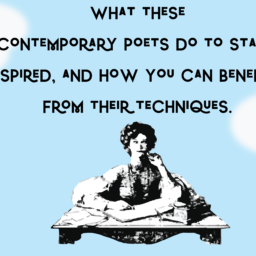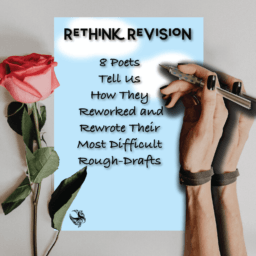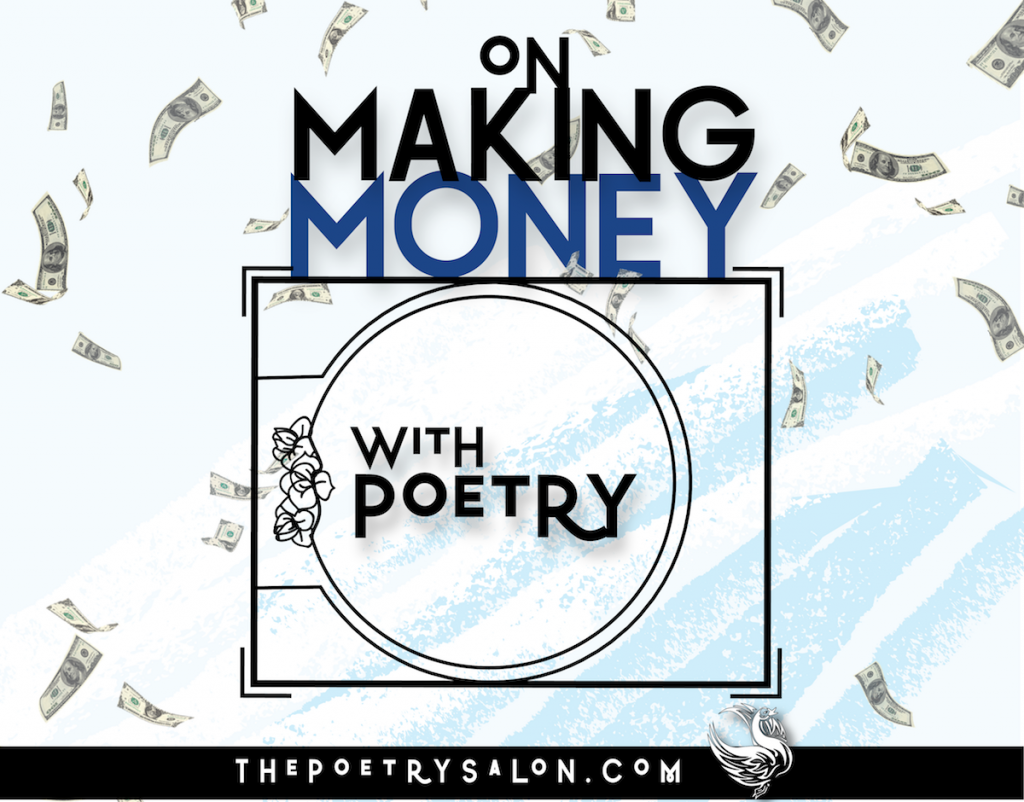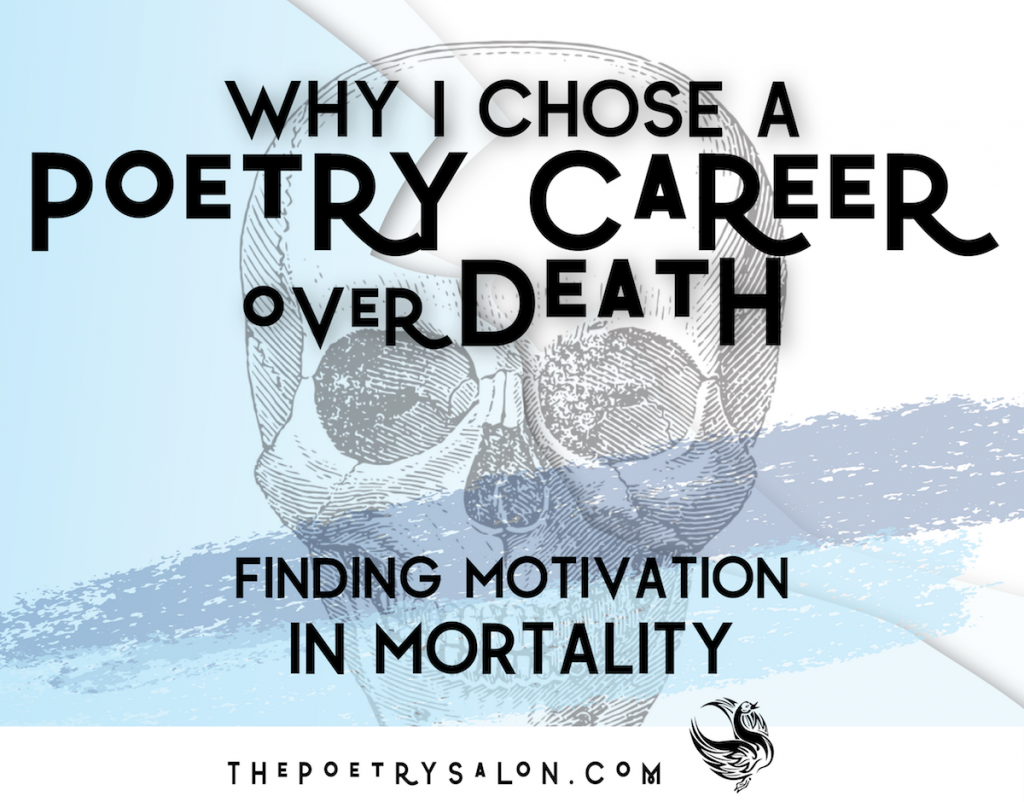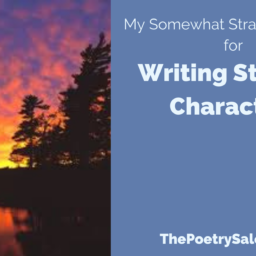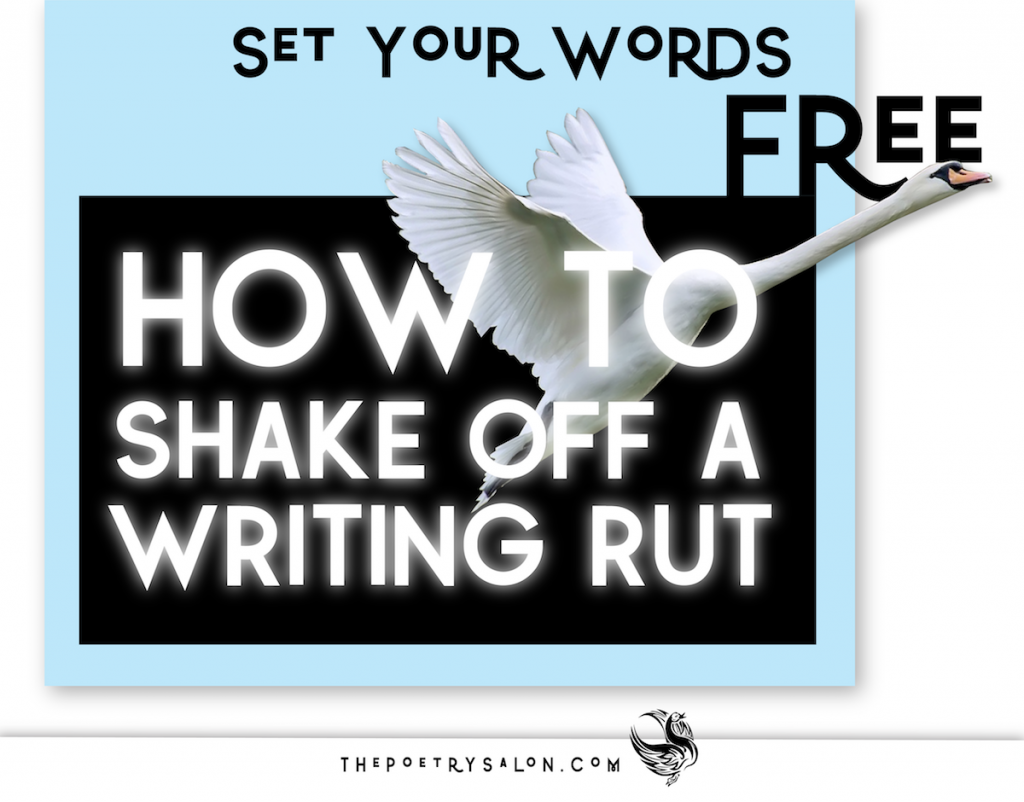We are here to help one another get through ‘this’ whatever ‘this’ is.
– Kurt Vonnegut
One of the things I find so intriguing about living through this pandemic is how I feel both overwhelmed by all the rapid changes of the world, at the same time I feel like nothing is going on. The world is moving too fast, but time is really slow. Often I feel lost even though every day I wake up in the same place.
One thing that is helping me through – not surprisingly – is poetry.
Four times a week I offer generative writing sessions via Zoom. People drop in, I offer a prompt, we write, and then we share. Often the prompt is related to what is going on in the world – but not always. Sometimes people write their “best” work. Sometimes they write their “worst” work. Almost always they write something. At the end almost everyone shares.
These sessions are the best part of my day. I can start out feeling like a slug under a rock, and afterwards I remember that I have community, purpose, and something to live for during and after the pandemic. Of course there are many other forms of art and community building that you might use to bolster your spirits during this time, but here’s a little outline about why poetry, specifically, can be so helpful to you now.
- IT’S FREE. First, the obvious thing about poetry is that it’s free! You can get poems and poetry prompts online by doing a quick search on Google or YouTube. You can order books for a few bucks. You can write poems of your own for the price of some ink and paper, or less if you’re using a laptop.
- IT’S MEANT TO BE DONE IN SOLITUDE Unlike acting in a play or playing in a symphony, poetry is a perfect art form to try on your own, from anywhere. You can write it in your bedroom before kids get up. You can write it late at night after your parents are asleep. No need to ask anyone else to get involved, unless you want to. You can do it entirely on your won.
- IT’S TIMELY Reading or writing a poem can be done quickly and with limited bandwidth. At the beginning of the pandemic a lot of writers thought we would all use this time to finish a novel. I know I’ve written a few scenes here and there, but to be honest, I can’t seem to concentrate on even reading a full novel, let alone writing one. I’ve got this perpetual feeling that a shoe is about to drop at any moment. It’s hard to get lost in another world, long-form plans, goals and time-consuming character arcs of another character in another world, when it feels like I’m overwhelmed with thinking about this one, here and now. Poetry, on the other hand brings us to the present, can be written quickly and can offer a much more immediate way to help us process our feelings. Which brings me to…
- WRITING HELPS YOU PROCESS YOUR FEELINGS. I know that I’m making a pitch for poetry, because that’s what I write, but writing of any kind can help you navigate your feelings. The Researcher James Pennebaker noted that writing as little as 15 minutes a day can lower blood-pressure and increase one’s sense of well-being – even if the writing isn’t any good and even if you never share it with anyone else. However, Pennebaker warns that not all writing is the same. The best description of this I’ve found is the guidelines Louise de Salvo denotes in her book, Writing as a Way of Healing, which I have included below.
- WRITING POETRY HELPS YOU FIND PURPOSE. When people write poetry they often discover, affirm, or articulate what is important to them. In this way writing can help you develop a greater sense of purpose. It can restore drive and help you feel a sense of accomplishment when your normal goals and routines have been thrown off course. It can add order and rhythm to the day, provide structure, direction, and personal agency that will help you feel empowered and more able to manage your feelings.
- POETRY CONNECTS US WITH OTHERS. Lastly, and maybe most importantly, writing, reading, and sharing poetry can help you connect with others. Of course, all writing can do this, but like I said, poetry is quicker and more immediate. It allows people to process what’s going on around them and express what’s going on inside them in real time. I’m not aware of any novels that have come out about life in the COVID era yet, mainly because we’re still in it. Poems about the pandemic, however, are being written every day. Whether you are in a Zoom workshop or adhering to your own regular practice, you can always find others sharing their reactions to the through poetry. Reading poems written by your contemporaries can help you feel connected and know you’re not going through this alone. It will help you get through ‘this’ whatever ‘this’ is.
Want to join our warm, supportive, inspiring writing community and grow with us? Check out How to Think Like a Poet, here. Check out our daily writing schedule here.
Louise De Salvo’s Guidelines for Confronting Trauma in Writing
Writing as a Way of Healing, 1999
Do’s
- Write twenty minutes a day over a period of four days. Do this periodically. This way you won’t feel overwhelmed.
- Write in a private, safe, comfortable environment.
- Write about issues you’re currently living with, something you’re thinking or dreaming about constantly, a trauma you’ve never disclosed or discussed or resolved.
- Write about joys and pleasures, too.
- Write about what happened. Write, too, about feelings about what happened. What do you feel? Why do you feel this way? Link events with feelings.
- Try to write in an extremely detailed, organized, coherent, vivid, emotionally compelling narrative. Don’t worry about correctness, about grammar or punctuation.
- Beneficial effects will occur even if no one reads your writing. If you choose to keep your writing and not discard it, you must safeguard it.
- Expect, initially, that in writing in this way you will have complex and appropriately difficult feelings. Make sure you get support if you need to.
Don’ts
- Don’t use writing as a substitute for taking action.
- Don’t become overly intellectual.
- Don’t use writing as a way of complaining. Use it, instead, to discover how and why you feel as you do. Simply complaining or venting will probably make you feel worse.
- Don’t use your writing to discover how and why you feel as you do.
- Don’t use your writing to become overly self-absorbed. Over-analyzing everything is counterproductive.
- Don’t use writing as a substitute for therapy or medical care.
